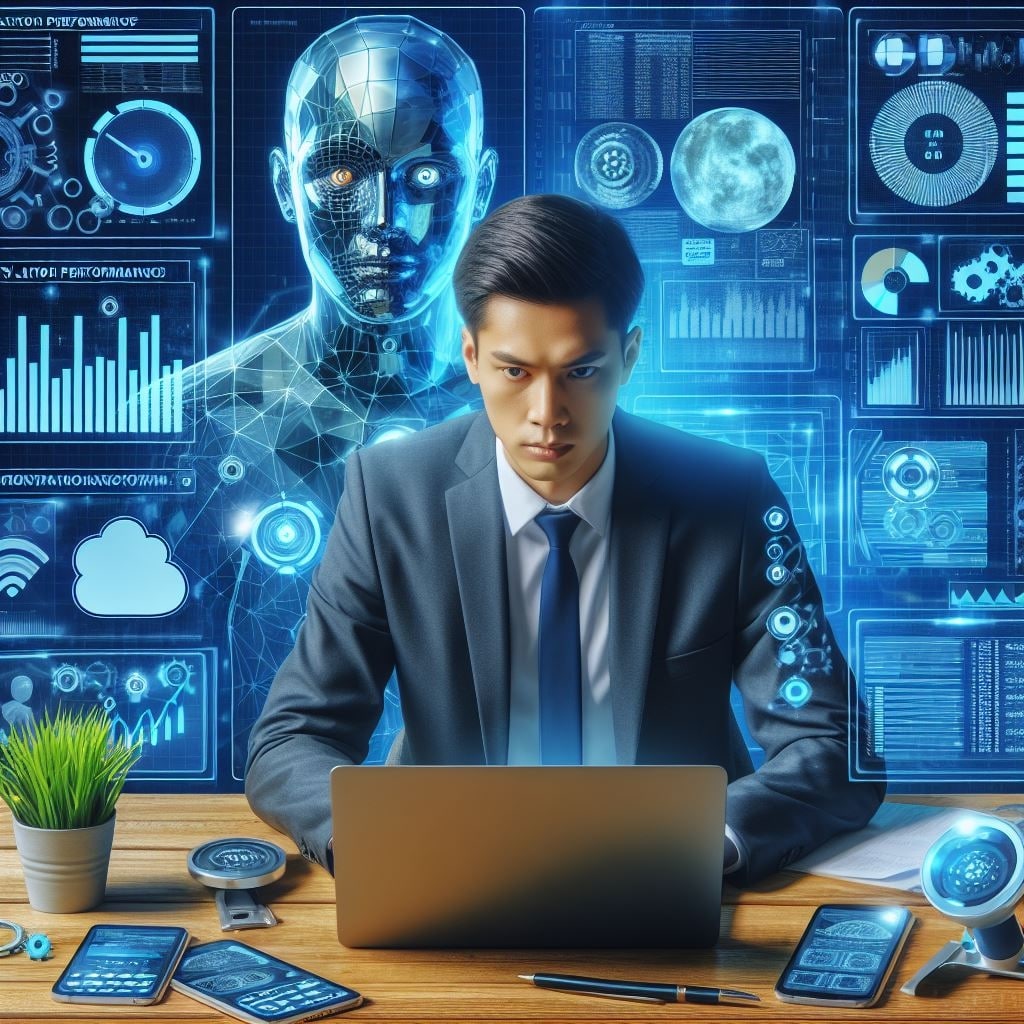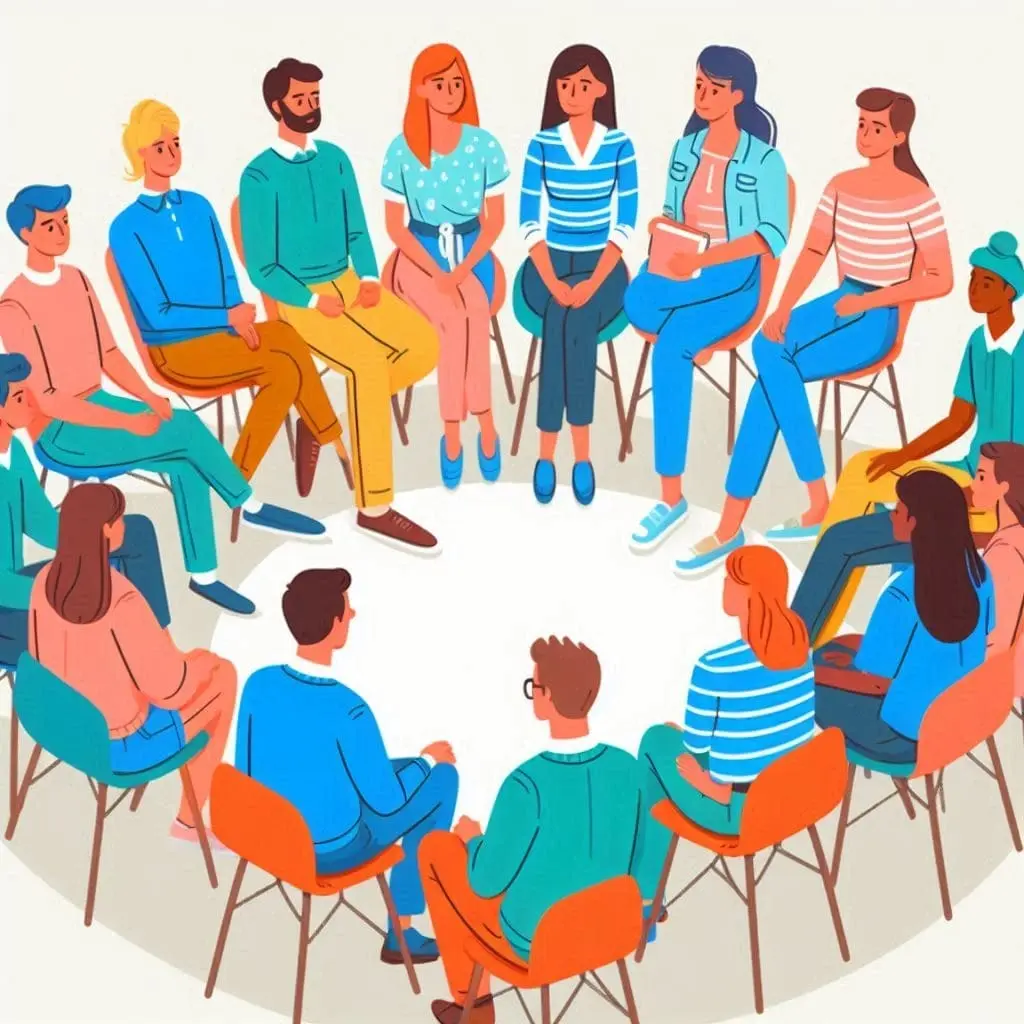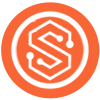Human-AI Collaboration: The Future Of Work
The relationship between humans and artificial intelligence is evolving rapidly. Businesses are no longer viewing AI as a tool that simply automates repetitive tasks. Instead, organizations are exploring how human-AI collaboration can shape more creative, efficient, and dynamic workplaces.
Human-AI Collaboration
Workplace transformation
Repetitive and time-consuming processes are now handled by intelligent systems, leaving employees free to focus on innovation and problem-solving. This balance reduces burnout while increasing productivity across industries. Many organizations, guided by Software Company Near Me expertise, are adapting workflows that blend human creativity with AI-driven precision.
Decision-making
Machines can process large amounts of information quickly, providing insights that might otherwise be missed. However, decisions still require human intuition and context awareness. Human-AI collaboration ensures that final choices are not purely mechanical but grounded in real-world understanding. Businesses benefit when leaders combine AI-generated recommendations with their own experience.

Skills evolution
The rise of AI does not diminish the need for human talent. Instead, it creates demand for new skills such as data interpretation, ethical reasoning, and human-centered design. Workers are encouraged to adapt, learn, and refine their abilities in line with evolving technology. Training programs are increasingly focused on building complementary skills that allow employees to thrive in AI-augmented environments.
Creativity boost
Artificial intelligence can generate innovative solutions, but it often lacks the emotional depth humans bring to creative projects. When paired together, creativity reaches new levels. Designers, marketers, and product developers use AI to brainstorm ideas, accelerate content production, and refine prototypes. Human imagination ensures that the results remain authentic and engaging, while AI enhances efficiency and scale.
Customer engagement
AI-driven personalization has changed how businesses interact with customers. From chatbots to recommendation engines, technology creates seamless experiences tailored to individual preferences. Yet, genuine human empathy remains essential for building long-term trust. Human-AI collaboration in customer engagement combines precision with warmth, leading to stronger connections and loyalty. This approach is becoming central to strategies developed by Software Company Near Me for modern enterprises.

Productivity gains
Workplace efficiency increases when humans and AI share responsibilities effectively. Automated scheduling, predictive maintenance, and smart resource allocation reduce delays and errors. Employees spend less time on routine tasks and more time on strategic activities. The outcome is a measurable improvement in both productivity and employee satisfaction. This blend ensures businesses remain competitive in fast-changing markets.
Ethical dimensions
Collaboration between humans and AI raises important ethical questions. Transparency, fairness, and accountability must guide AI adoption in the workplace. While machines follow coded rules, humans provide oversight to prevent misuse and bias. Ethical frameworks are crucial to ensure trust in the partnership. Organizations that prioritize responsible practices are more likely to succeed in the long term.
Industry impact
Different sectors experience human-AI collaboration in unique ways. Healthcare relies on AI for diagnostic support while doctors deliver compassionate care. Finance uses algorithms for risk analysis while advisors interpret results for clients. Manufacturing benefits from predictive analytics while workers oversee safety and quality. Each example highlights how both humans and AI contribute distinct strengths to deliver optimal outcomes.
Conclusion
Human-AI collaboration represents a future where technology amplifies human potential rather than diminishing it. By combining the analytical power of machines with the creativity, empathy, and decision-making of people, businesses can thrive in an era of rapid change. The organizations that succeed will be those that invest in ethical frameworks, reskilling, and forward-thinking strategies.
